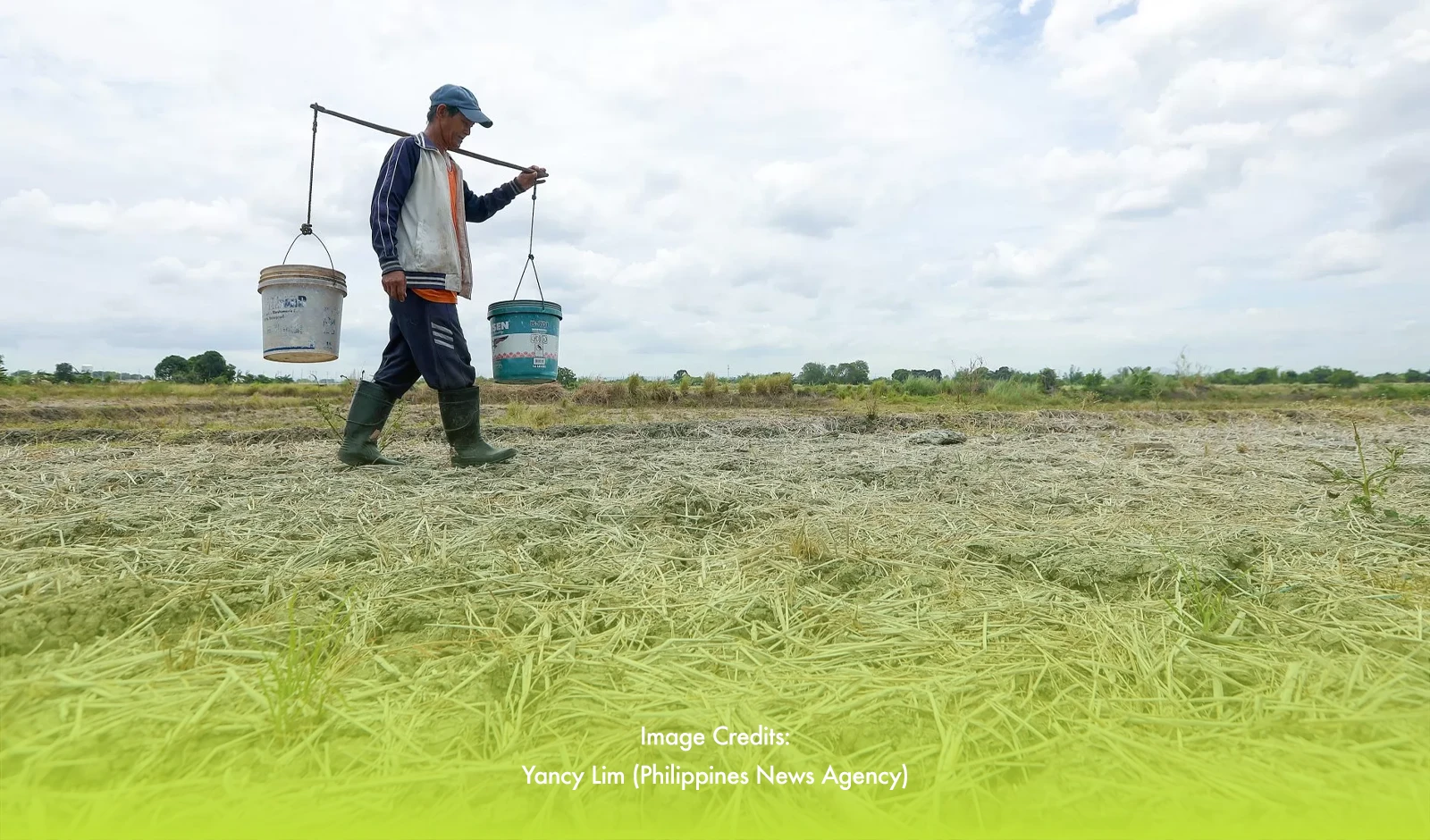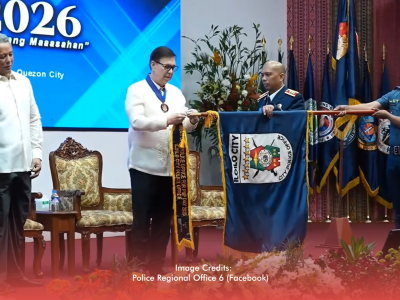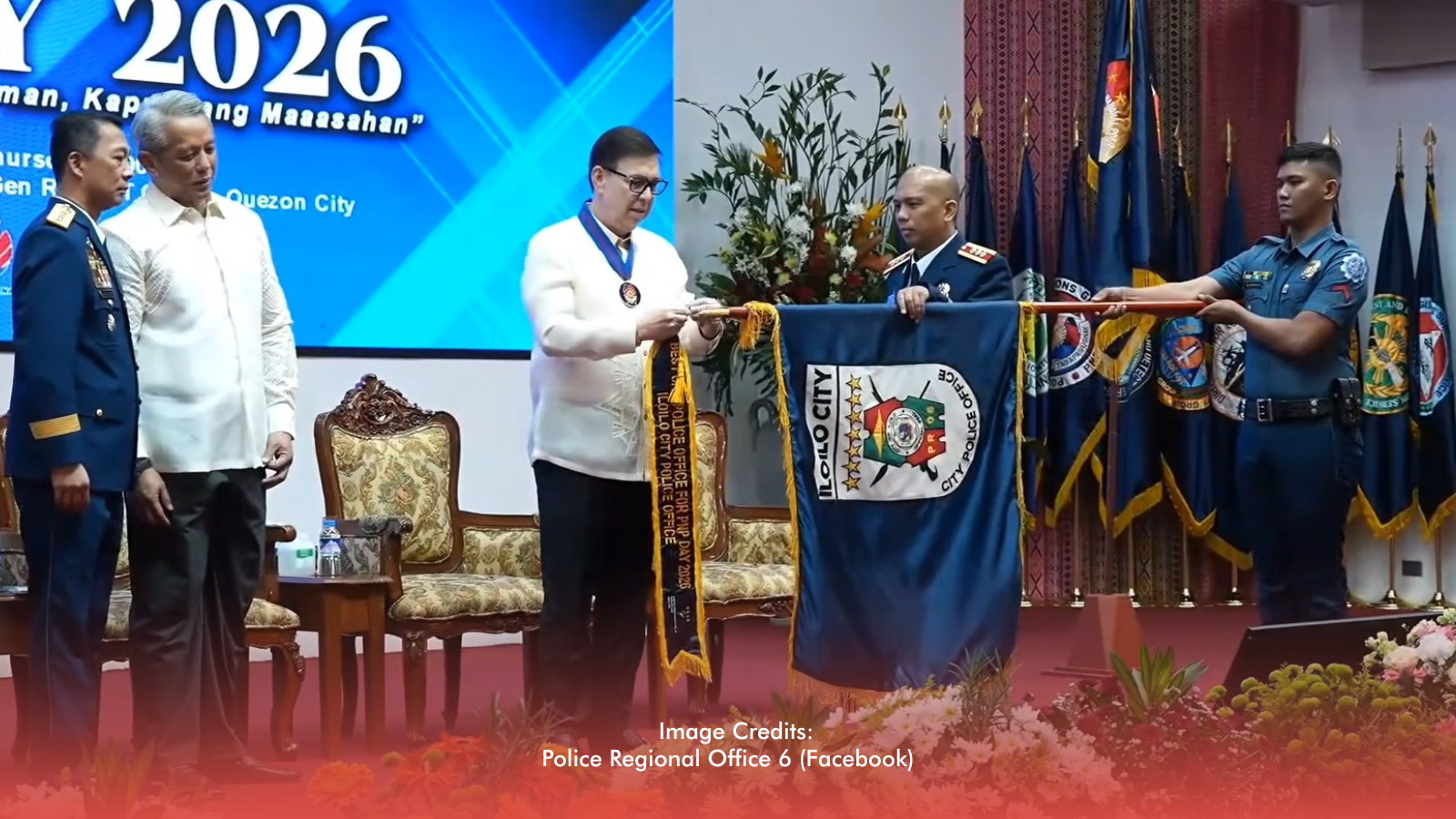In a bid to fortify resilience against the looming threats of El Niño, 17 municipalities in Western Visayas are poised to benefit from the Project Local Adaptation to Water Access (LAWA) and Breaking Insufficiency through Nutritious Harvest for the Impoverished (BINHI) initiatives, which have been allocated PHP92.32 million. These endeavors form part of the risk resiliency program spearheaded by the Department of Social Welfare and Development (DSWD).
Partnership and Objectives
DSWD disaster response information and management section head, Claud Jan S. Marquez, disclosed the collaboration with the World Food Program (WFP) and the Department of Agriculture during a press briefing on March 21. Marquez emphasized the urgent need to address the profound impacts of El Niño on vulnerable communities.
The initiative specifically targets impoverished farmers, fisherfolk, Indigenous Peoples, and families susceptible to climate and disaster risks across 17 municipalities—six each from Antique and Iloilo, and five from Negros Occidental.
Phased Approach
The projects will unfold in two distinct phases, employing a combination of cash-for-training and cash-for-work mechanisms. The primary focus of the initial phase lies in ensuring water security through various interventions, including the construction and repair of water harvesting facilities, diversification of water sources, and aqua/hydroponics initiatives.
Subsequently, the second phase will pivot towards enhancing food security. This will involve communal vegetable and urban gardening, diversified integrated farming, and the cultivation of disaster-resilient crops and fruit-bearing trees.
Addressing Immediate Needs
Marquez underscored the urgency of the situation, citing reports from several municipalities, including Dumarao in Capiz, Barotac Viejo in Iloilo, Valladolid, and Isabela in Negros Occidental, and Hamtic and Sibalom in Antique, where farmers have been severely affected by El Niño.
Local social welfare offices face the challenge of accurately assessing affected families. Marquez explained that while the Department of Agriculture's reports count individual farmers, many families rely on multiple members for agricultural livelihoods, complicating the identification process.
Moving Forward
With validation ongoing and targeted municipalities set to be finalized within the second quarter of the year, stakeholders remain committed to swift and effective action to mitigate the adverse effects of El Niño and ensure the resilience and well-being of affected communities in Western Visayas.






